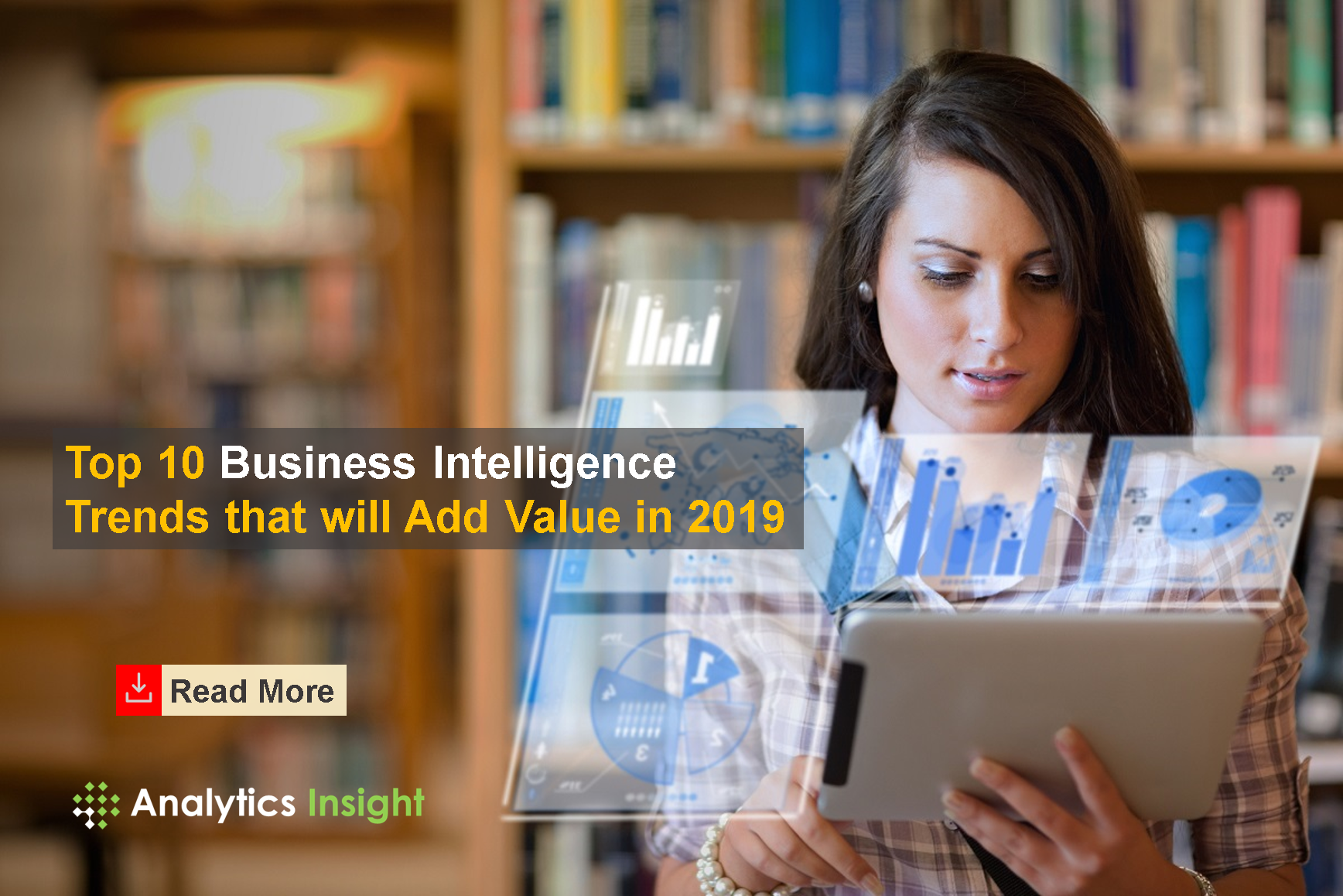Machine learning is a term that gets thrown around a lot today. It seems like everyone is talking about this major innovation that’s making waves in just about every industry. Here’s what machine learning can add to business intelligence, which is already seeing some major benefits from the machine learning revolution.
Identify Outliers In Real-Time
Let’s say you run a warehouse. It operates all day, every day. In an ideal world, things will run relatively at the same pace the entire time. But what if there’s an interruption? With legacy BI tools, you’ll have to do a bunch of backend legwork to understand what even happened before you can act. When you have to look back to the past in order to run analytics queries in this way, you’re potentially missing out on timelier insights.

Machine learning makes this issue a thing of the past. When business intelligence is integrated with machine learning, it can potentially identify outlying data points in real time. With this capability, you’re not just getting data faster. You’re gaining the ability to troubleshoot issues practically as they arise.
Democratize Your Data
There has been a lot said on the potential pros and cons of the democratization of data. Machine learning most definitely helps in making this idea more available to any organization that wants to engage with it.
What is data democratization? It’s essentially the idea of making data and the insight process more accessible to a greater number of people within an organization. Of course, you don’t want every employee to have full access to all data. But there are some pretty clear benefits to the idea of data democratization.
For starters, the kind of data democratization that goes hand-in-hand with machine learning analytics makes it possible for users throughout an organization to glean data insights. Data doesn’t always need to be about solving incredibly complex, company-wide issues. Workers know their own jobs best. So, they’re often best suited for running ad-hoc queries on things pertaining to their position.

Machine learning is powering this through breakthroughs in search technology. Relational search is a kind of BI search function that allows users to make queries in the same way they would perform a Google search. This makes it so people without in-depth knowledge of analytics or data science can quickly get actionable insights for low-level problems.
As one expert at ThoughtSpot writes, machine learning helps “train the data and the platform to get answers for people instead of building all answers manually in advance.”
Find New Avenues For Exploration
There are gems hidden in data that are currently obscured to humans, mostly due to time constraints. Machine learning, in combination with artificial intelligence, is opening up new doorways for data analytics that would have been totally inaccessible to organizations in the past. These algorithms can accomplish in minutes — automatically detecting insights hidden deep within stored data and bringing them to the surface — what used to take human analysts hundreds of hours to do by hand.
The result? Users are able to gain quick insight into trends, anomalies and business drivers so they can factor them into business decisions. Furthermore, humans can help train these AI-driven tools to detect increasingly relevant insights over time because machine learning keeps refining its approach based on the feedback human users provide.
Implement Predictive Analytics
Data has traditionally been a thing used for understanding the past and present. But thanks to machine learning, it can far more accurately be used to predict the future.

Data that’s too linear can’t do much for predicting future outcomes. Nothing in the real world is that simple. There are far too many variables at play to look at one thing and say something authoritative about the future. Machine learning is able to integrate multiple kinds of data from various sources in order to create a much more holistic view. This is where predictive analytics becomes interesting. Thanks to machine learning, organization are capable of planning for the future far more efficiently and reliably than without a data-driven guide.
Machine learning is changing how things work in all kinds of fields. Business analytics is certainly no exception to this, as machine learning is reinventing how enterprises can use their data.
